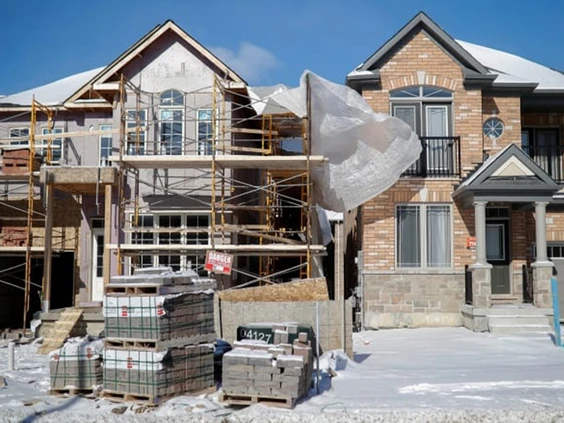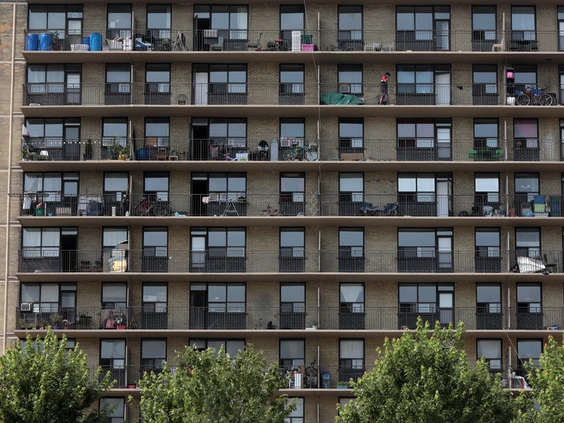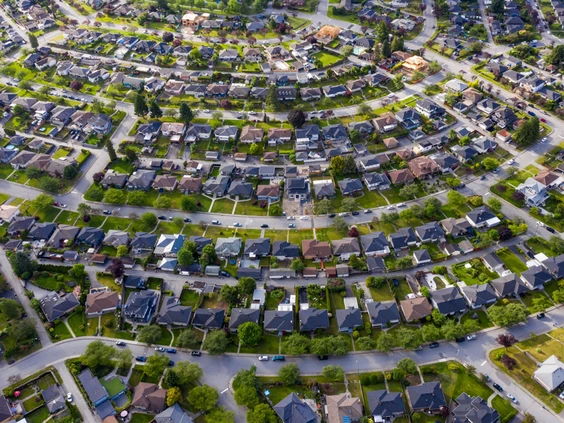This fall, municipal elections will be held in the two provinces hardest hit by the housing crisis. Residents will go to the polls to select their mayor and councillors in British Columbia on Oct. 15 and in Ontario on Oct. 24. This year more than ever, one of the key election issues will be housing affordability. If we want to see anything done by our elected representatives, our best hope right now is at the municipal level.

Housing affordability is probably the most critical issue Ontarians face today. Ontario housing prices have increased dramatically in recent years, vastly outpacing income growth and creating near-insurmountable barriers to home ownership for many. The province needs to add over 650,000 units just to reach the same housing-per-capita average as the rest of the country.

The City of Toronto approved an inclusionary zoning (IZ) by-law that will go into effect in September of this year. IZ mandates that a percentage of residential space in new housing projects include affordable homes for low- and middle-income households. IZ can be a valuable zoning tool but there are problems with how it is being implemented in Toronto. Although it may well result in some new affordable housing units being developed, it will come with a cost for the city as a whole.
